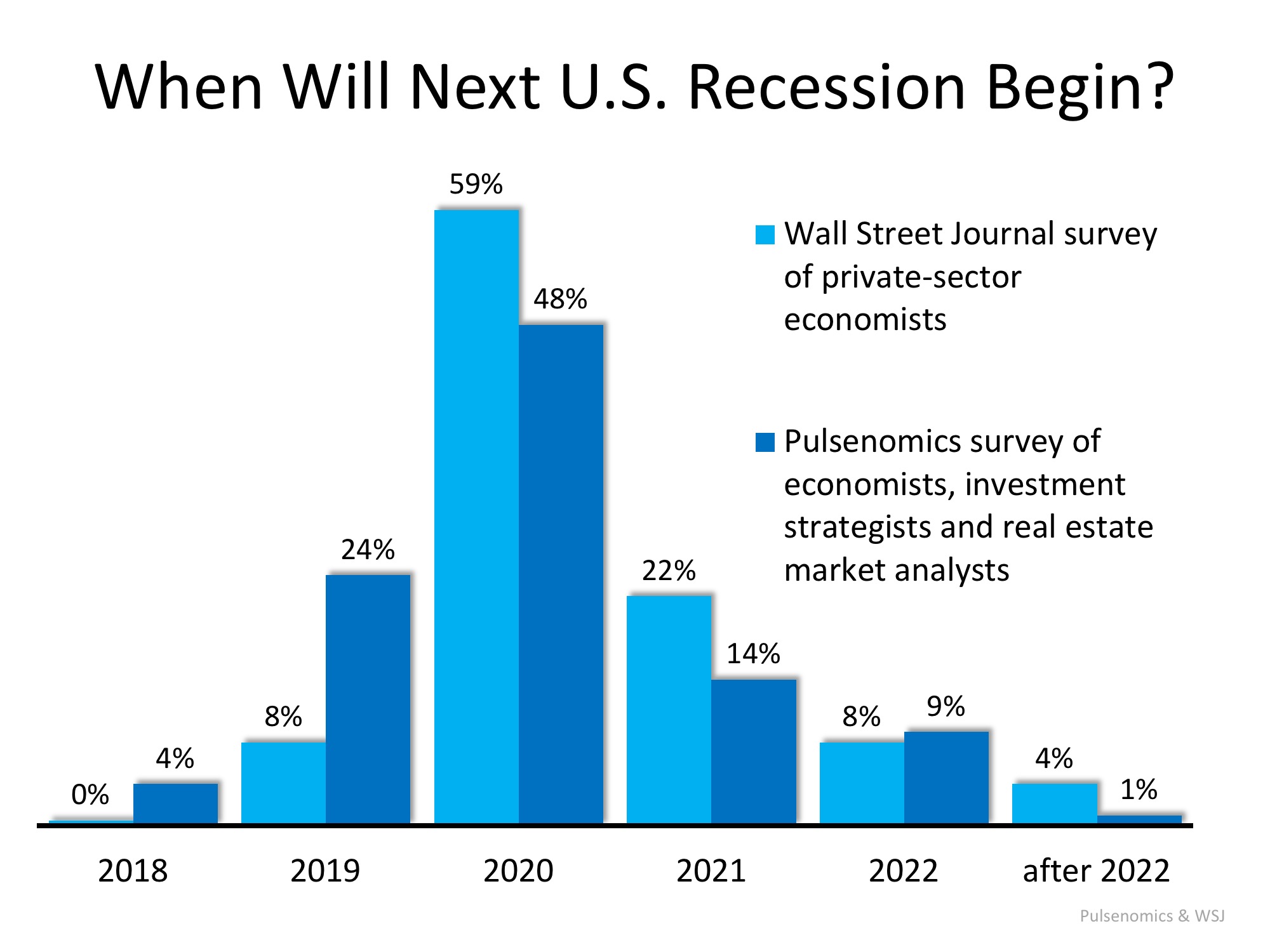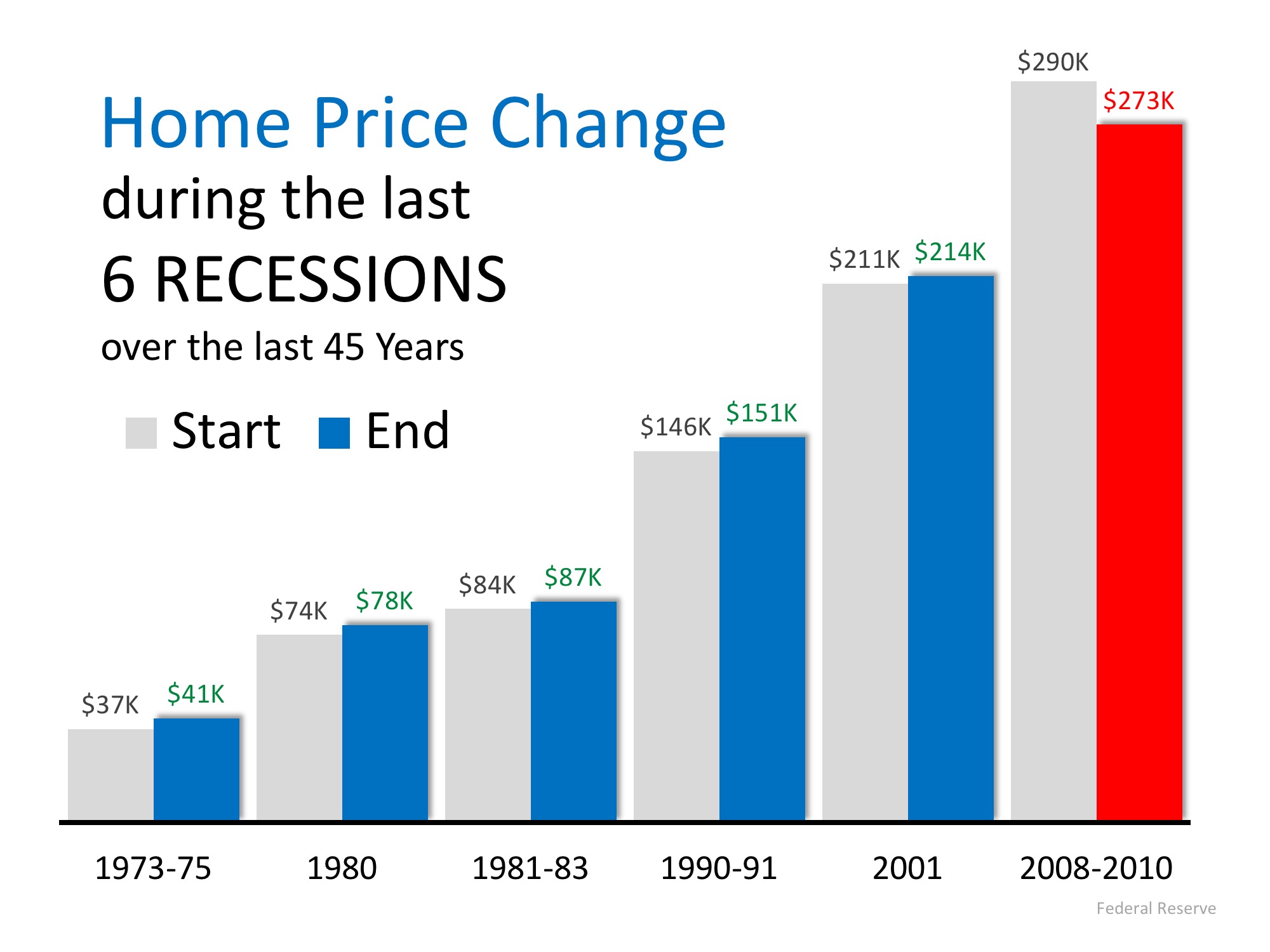“A YES SIR” FRAME OF MIND
For
people above in authority to you, you should always do what they require of
you, just because they are your superiors, and they pay you to work for them.
You are required to do what they ask, even though you might subconsciously not
find it agreeable, because you are paid by them, and they expect work
equivalent to their pay, from you. Having a “Yes Sir” frame of mind will make
your superiors want to work with you even more, and this will turn into a bond
of trust that will become unbreakable, and in the long run, your superiors will
begin allotting you with more confidential and complex tasks, as you have
proved to be a person who can rise up to the occasion and handle tasks no
matter how huge they are.
With
your co-workers or the people below authority to you however, it is a different
story. With them, it is not necessary to
have a “yes sir” frame of mind, but it is more than agreeable to be so. The
people who work under you look for a superior who listens to them, takes into
account their points of view, does not discriminate against them just because
of their position, and treats them like a human being with valid points to
consider, and not merely a tool for suggestion.
The
main point to consider is why you should acquire a “Yes Sir” frame of mind.
Simply put, authority is obeyed because people want a reward at the end of it
all. Their incentive is acknowledgement or appreciation of any kind, be in
verbal, or through monetary and other such benefits. Human beings are motivated
by incentives and benefits, and likewise, human behavior is such that people
reward those who are obedient to what they say, and follow their orders without
talking back, or questioning their orders. It is a biological need to feel
superior, to have people obey what you say. Having a junior at work who does
exactly that is a subconscious upliftment, which will translate to a lot a
benefits and promotions for you.
However,
it also isn’t advisable to be a complete “Yes Man”, acknowledging and agreeing
with everything your superior says. Most people can automatically see through
this, and can understand if you are being genuine to them or not. If people
realize you are being fake, you will actually be hated more than appreciated
for your work, and over time, you will not be taken seriously for who you are.
In order to counteract this, and receive the praise and appraisal that you are
due, you should understand the line between being a “Yes Man” and a “Yes Sir”.
Being
a “Yes Man” is something that is not well appreciated within social circles.
You become a person who starts agreeing the your superiors every single
command, no matter what they are, just so that you can get in their good books,
and you hope to get appraisals and promotions through that. However, you put on
a facade, and everyone can see right through your farce. Your superiors use you
as a tactical weapon for when they need to get their way with someone else.
However, when the time comes, you are overlooked for promotions and appraisals,
and the job is always given to someone who may be less deserving according to
you, but according to the superior, they have a personality and know when to
have a differing opinion. That sort of person has a “Yes Sir” frame of mind.
These people are inherently more valued and respected by superiors, because of
their tactful ways of handling situations. Having a “Yes Sir” frame of mind
means that you have the courage to stand up to your bosses, have an
intellectual exchange of thoughts and ideas with your superior, but when the
time comes, you can stand up with them, and defend them. With people in a lower
post, you are appreciated because you respect them as people, but at the same
time, you know when to draw the line and put your foot down, and show them
who’s boss.




